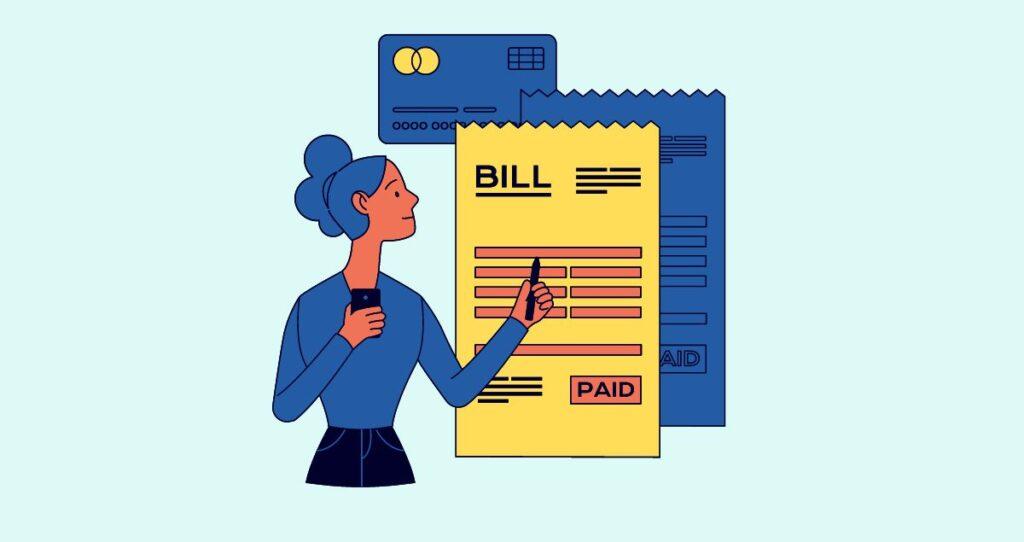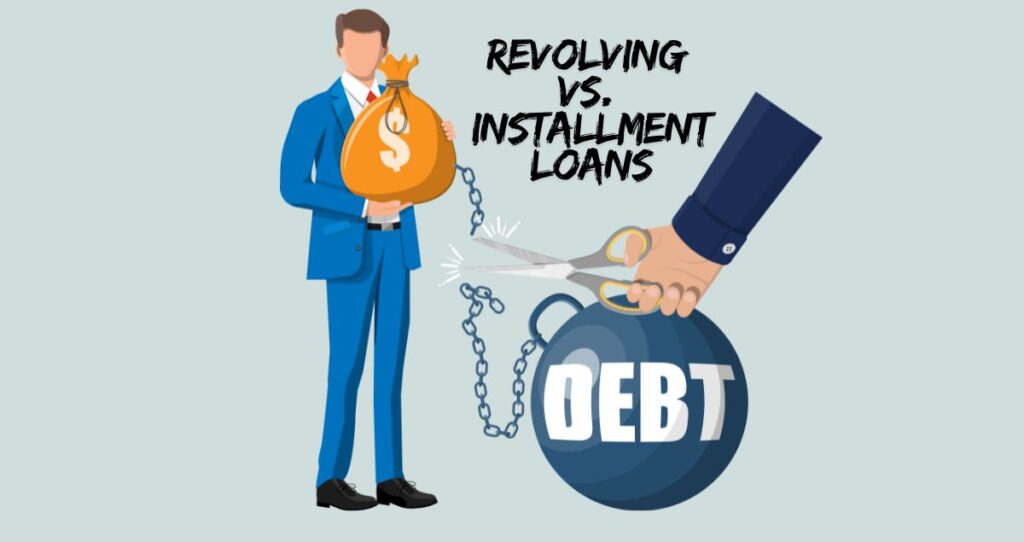When it comes to managing your finances and credit, knowledge is power. Every piece of information that appears on your credit report has the potential to impact your ability to get loans and credit cards at favorable interest rates. This is why it’s so important to stay informed about the most common types of negative items on a credit report and how they affect your credit score (Vantage score and FICO score).
From late payments to bankruptcy filings and even unpaid bills, this article will explore the impact each negative item can have on your credit score and how long they stay on your credit report.
The following are the top 13 common negative items on a credit report.
1. Foreclosure
- A foreclosure remains on your credit report for 7 years.
- Your credit score drops as many as 160 points from foreclosure.
Foreclosure is the process in which the lender tries to recover the remaining balance on your loan by selling the property as collateral. For example, if you defaulted on your mortgage, your mortgage lender can foreclose on your home and sell it in an auction. Defaulting on a loan means that you did not make payments as agreed in your mortgage contract. For example, missing mortgage payments will automatically put your loan in default.
Foreclosure is one of the most common negative information on a credit report. When a foreclosure is reported on your credit report, it remains there for 7 years. In addition, foreclosure lowers your credit score by as many as 160 points.
Related: How to avoid foreclosure on a home?
2. Bankruptcy
- A bankruptcy filing stays on your credit report for 7 to 10 years
- Your credit score drops between 130 to 240 points from bankruptcy
When you have a loan that you can no longer afford to pay back, you can legally seek protection on that loan through bankruptcy. The problem with bankruptcy is that some of your assets can be liquidated to cover your debts. In other words, bankruptcy puts you into long-term financial struggles. In addition, your credit will be decimated once a bankruptcy filing is reported on your credit report.
Bankruptcy is the worst negative item on your credit report. Depending on the type of bankruptcy you filed, the bankruptcy information will stay on your credit report for 7 to 10 years. Besides staying on your credit report for up to 10 years, bankruptcy will drop your credit score between 130 to 240 points.
3. Late payments
- Late payments stay on your credit report for 7 years from the date your payment was delinquent.
- Late payment can lower your credit score by up to 180 points.
One of the most common negative items on credit reports is late payment. Most lenders will report your payment to credit bureaus as a late payment when it was not paid off 30 days from its due date. Once a let payment is reported on your credit report, your credit score will tank as many as 180 points. In addition, late payment information will stay on your credit report for 7 years.
4. Charge-offs
- A charge-off will stay on your credit report for 7 years, and
- Your credit score can drop more than 100 points from a charge-off.
After missing many payments for many months, your lender will write off your loan as a loss. In other words, your loan becomes a charge-off when your lender writes it off as a loss. After this step, your loan could be sold to a loan buyer. The lender could also send your loan to a collection agency. Charge-off accounts will stay on your credit report for 7 years and can lower your score by more than 100 points.
5. Accounts sent to collections
One of the most common negative items on a credit report is accounts in collection. Your account goes into the collection state when your lender sends your loan to a collection company. Collection accounts can show up on your credit report, and once they do, you should expect them to stay on your credit report for 7 years from the first delinquent payment.
6. Hard inquiries
- Hard inquiries lower your credit score by 5 to 6 points on average
- Hard inquiries also stay on your credit report for 24 months but they won’t affect your credit score after 12 months.
If you ever applied for a loan, it is more likely that you had a hard inquiry on your credit report. In order to approve your loan application, the lender will evaluate your creditworthiness by checking your credit. By doing so, the lender ends up seeing your credit reports and credit score. This activity results in a hard inquiry also known as a hard pull on your credit reports.
Each hard inquiry lowers your credit score between 5 to 6 points. It is possible that a hard inquiry can ding your credit score as low as 2 points or as high as 10 points. The more credit applications you submit, the more hard inquiries you will get. Hence, the lower your credit score will drop. Each hard inquiry stays on your credit report for 24 months but it does not affect your score after 12 months.
Related: How long do hard inquiries stay on a credit report?
7. Medical bills
Unpaid medical bills can show up on your credit report. But, starting in 2022 major credit reporting agencies started removing medical bills from your credit reports once they are paid. Keep in mind that if your medical bills are not paid off, they can be sent to a collection agency. In this case, that debt will be treated like any other account in collections on your credit report.
8. Deed-in-lieu of foreclosures
- A deed-in-lieu of foreclosure stays on your credit report for 4 years, and
- Your credit score can drop between 50 to 125 points.
There are times when you might fail to pay off your loan such as a mortgage, for example, but still want to avoid foreclosure. What most people do is voluntarily turn over their properties to their lenders in an attempt to avoid foreclosure. This is known as a deed-in-lieu of foreclosure. A deed-in-lieu of foreclosure will stay on your credit report for 4 years. Your credit score will also drop anywhere between 50 to 125 points due to a deed-in-lieu of foreclosure on your credit reports. The impact of this negative item on a credit report is less server compared to foreclosure and bankruptcy.
9. Vehicle repossessions
- Car repossession stays on your credit report for 7 years.
- Car repossession lowers your credit score by 100 points or more.
Like any other loans, car loans also come with the risk of default. When you stop making car loan payments, your lender might take the car per the contract of the loan as collateral. This is known as vehicle repossession. Car repossession will stay on your credit report for 7 years. In addition, car repossession will lower your credit score by more than 100 points once reported on your credit reports.
Related: How to save money for a car: A complete guide
10. Unpaid judgments
Less common negative information on your credit report is the unpaid judgment against you. The unpaid judgment means that a creditor used a court to make an official ruling against you regarding a loan. Unpaid judgment might appear on your credit report and will remain on your report for 7 years.
11. Short sales
- A short sale lowers your credit score by 100 to 150 points.
- Short sales stay on your credit reports for 7 years.
Short sales are common negative information on credit reports. A short sale happens when you are unable to pay off your mortgage as agreed and your lender allows you to sell it for less than you owe. Think about having a $250,000 mortgage balance on your home. If you are having trouble paying off your mortgage balance, your mortgage lender might allow you to sell the property for less than you owe instead of going through foreclosure hustles. It is called a short sale when the property gets sold for less than you owe the lender. In this case, your home would be sold for less than $250,000.
Short sales appear on your credit reports and remain there for 7 years. In addition, a short sale will lower your credit score by 100 to 150 points.
12. Delinquent account
Your payments become delinquent when you fail to pay them off on time. Often, lenders consider your payment to be delinquent 30 days after the due date. It usually takes about two missed payments before delinquent information is reported to major credit bureaus. Delinquent account information stays on your credit report for 7 years. In addition, your credit score keeps going lower as accounts fall deeper into delinquency without taking action.
13. Eviction
- Eviction itself does not show up on your credit report. But, if your landlord sells your unpaid rent to a collection company, the collection account will show on your credit reports and remain there for 7 years.
Related: What to do when being evicted with no place to go?
If you are a renter, you probably know that the risk of eviction is not far. Your landlord might evict you due to many reasons which will be included in your lease. An eviction itself will not appear on your credit report. However, your landlord could use a third party (a collection agency) to recover the unpaid rent balance. In this case, the collection will show on your credit report and will remain there for 7 years. After 7 years, the collection information should fall off your credit report automatically. Your credit score could also drop once the collection shows up on your credit reports.









